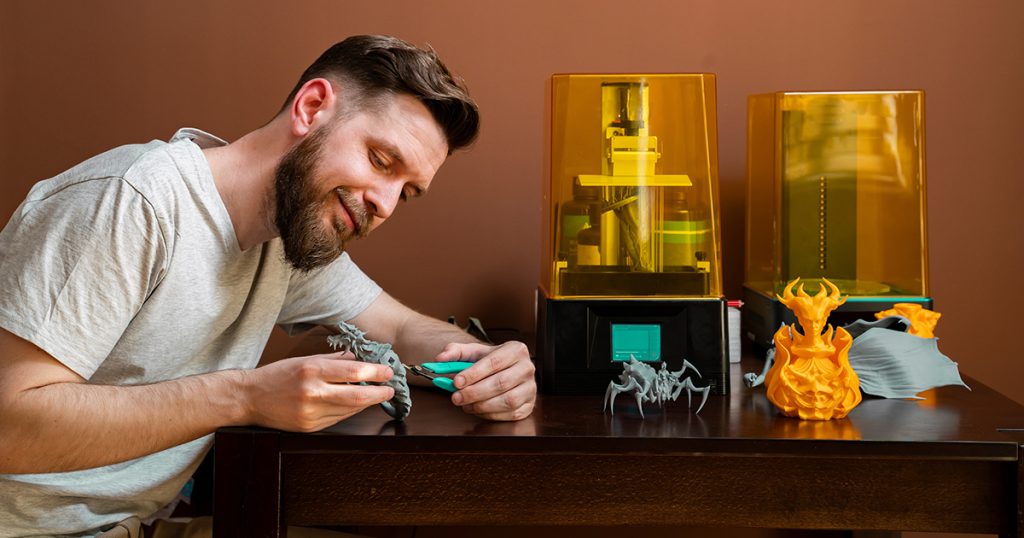20 July, 2023

Have you ever seen someone selling something they made that looks familiar in an online marketplace like Etsy, or a craft show in the park, and wonder how they can sell it? That might be a T-shirt with a movie character on it, a Disney character figurine, an Ironman mask, a greeting card with a famous picture, or a hat with a famous company logo.
IP infringement
The short answer is that those vendors often don’t have the right to make and sell those and are exposing themselves to intellectual property liability. Fundamentally you can’t make or reproduce someone else’s creative works without permission from the rights holder. They may be getting away with it only because the rights holder hasn’t noticed them yet.
Selling things that have been licensed by the rights holders is fine, but not if the seller has created them without permission.
Creative works like photos, images, characters, and logos are protected by combinations of copyright, trademark, and personality rights.
3D printers
The issue of IP infringement by individuals and small businesses has become more common since the advent of equipment that allows anyone to print any image they can find on any object they might think of. Home hobbyists can buy machines that cut shapes out of paper or plastic, burn images onto various materials, and 3D printers that print objects.
Rights holders have always faced problems with counterfeit and unlicensed products being made and sold. But historically these violations were typically from businesses that did this in volume and tried to hide who they are. Individuals being able to do this makes it harder for them to enforce their rights because of the number of people doing it and the relatively small volumes each creates.
Digital files of infringing content that drive the equipment to create infringing items are often easy to find or are sold by machine manufacturers. The purveyors of those files may not have the right to sell those, and may themselves be violating intellectual property rights.
License details
Machine manufacturers may have licensed the rights from the rights holder to sell those files to consumers. But a close read of their license to the user may put limits on their use. It might be limited to personal use, or for a limited number of copies.
It is crucial to read the license attached to any files one buys or wants to use to see what they can actually be used for. Make sure not to get them from the online equivalent of someone selling stolen goods from their trunk.
It is still a violation to make that 3D Grogu figure for yourself, but you probably won’t get caught, because no one will know. Once you start selling them, the chances increase that a rights holder might find you and demand that you stop. If your buyers can find you online, so can the rights holder.
Typically, if someone stops when faced with a demand that will be the end of it. But if they continue, or if it is a pattern of conduct, they can face a significant damages claim. The copyright act includes the concept of statutory damages where the damages amount is a calculation based on a few factors.
So anyone thinking of making and selling anything that someone else has created needs to make sure they have the rights to do that, or they do so at their peril.
David Canton is a business lawyer and trademark agent at Harrison Pensa with a practice focusing on technology, privacy law, technology companies and intellectual property. Connect with David on LinkedIn and Twitter.
Image credit: ©phoenix021 – stock.adobe.com





